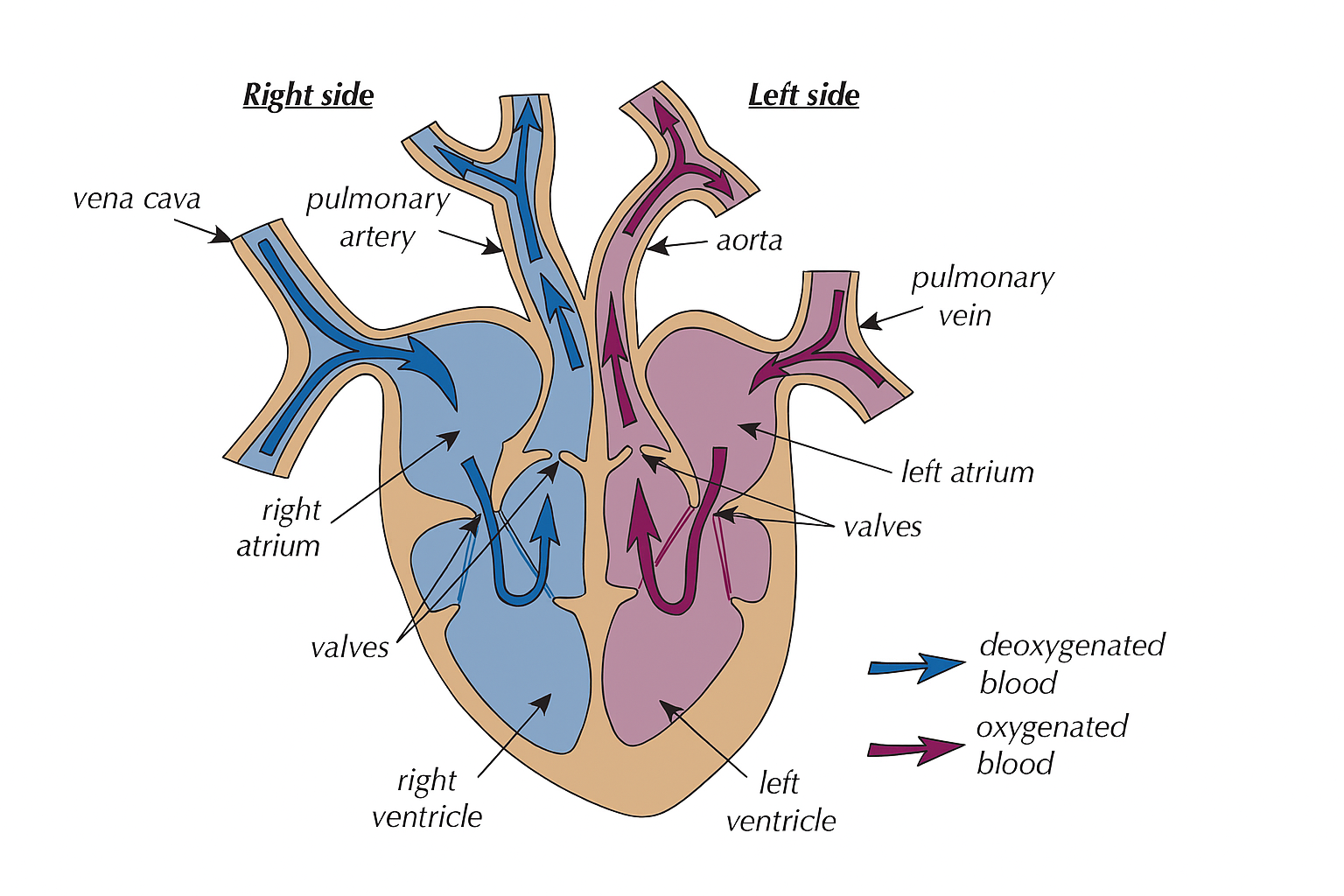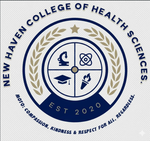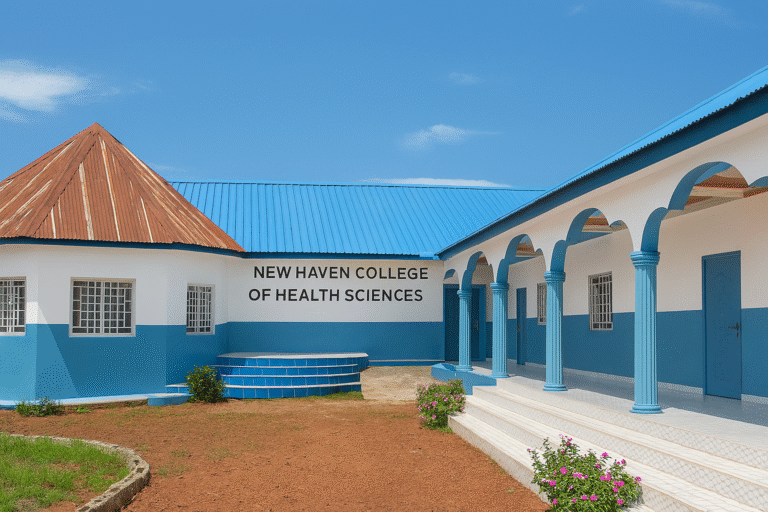
Did you know your heart beats about 100,000 times a day—pumping approximately 7,000 litres of blood throughout your body? The cardiovascular system is one of the most remarkable feats of human biology, keeping every cell alive by delivering oxygen and nutrients while removing waste.
At New Haven College of Health Sciences (NHC-HS), we believe that understanding how the heart and blood vessels work is foundational for every future healthcare professional.
1. The Heart – Our Four-Chambered Pump
At the centre of the cardiovascular system lies the heart, roughly the size of your fist yet powerful enough to sustain life for decades.
- The right side of the heart receives oxygen-poor (deoxygenated) blood from the body through the vena cava and pumps it to the lungs for oxygenation.
- The left side of the heart receives oxygen-rich blood from the lungs through the pulmonary veins and pumps it to the rest of the body through the aorta.
- Four valves—the tricuspid, pulmonary, mitral, and aortic valves—act like one-way doors, ensuring blood flows in the correct direction.
2. The Vascular Network – Highways of Life
Blood leaves the heart through arteries, travels into smaller arterioles, and finally into microscopic capillaries where the real exchange happens—oxygen and nutrients flow into tissues while carbon dioxide and waste are carried away. Blood then returns to the heart through veins, completing the circuit. This continuous circulation keeps every organ alive and functioning.
3. The Lifeblood – What’s in the Flow
Blood is more than just a red liquid:
- Red blood cells transport oxygen via haemoglobin
- White blood cells fight infection
- Platelets help stop bleeding by forming clots
- Plasma carries nutrients, hormones, and waste products
4. Caring for Your Cardiovascular Health
A strong cardiovascular system depends on healthy lifestyle choices:
- Regular physical activity (at least 150 minutes per week of moderate exercise)
- Balanced diet rich in fruits, vegetables, whole grains, and lean proteins, with limited salt and sugar
- Avoiding smoking and excessive alcohol consumption, while maintaining a healthy weight
- Regular health checks for blood pressure, cholesterol, and blood sugar levels
Future nurses, midwives, and allied health students will learn to assess heart and vessel function, recognise early signs of cardiovascular disease, and guide patients toward healthier lives.
5. Why It Matters at NHC-HS
Mastering the cardiovascular system isn’t just about passing anatomy class—it’s vital for:
- Nursing and midwifery students who monitor heart rate, blood pressure, and circulation daily
- Emergency and critical care trainees who must respond rapidly to cardiac events
- Public health professionals who educate communities about heart-healthy living
“At NHC-HS, we prepare tomorrow’s healthcare leaders to understand the science of life—starting from the heart outward.”
6. Join Us – 2025/2026 Academic Year
New Haven College of Health Sciences will open its doors for the 2025/2026 academic session. Stay tuned for programme details and admissions information—be part of the first pioneering cohort that will shape the future of healthcare education in our region.



